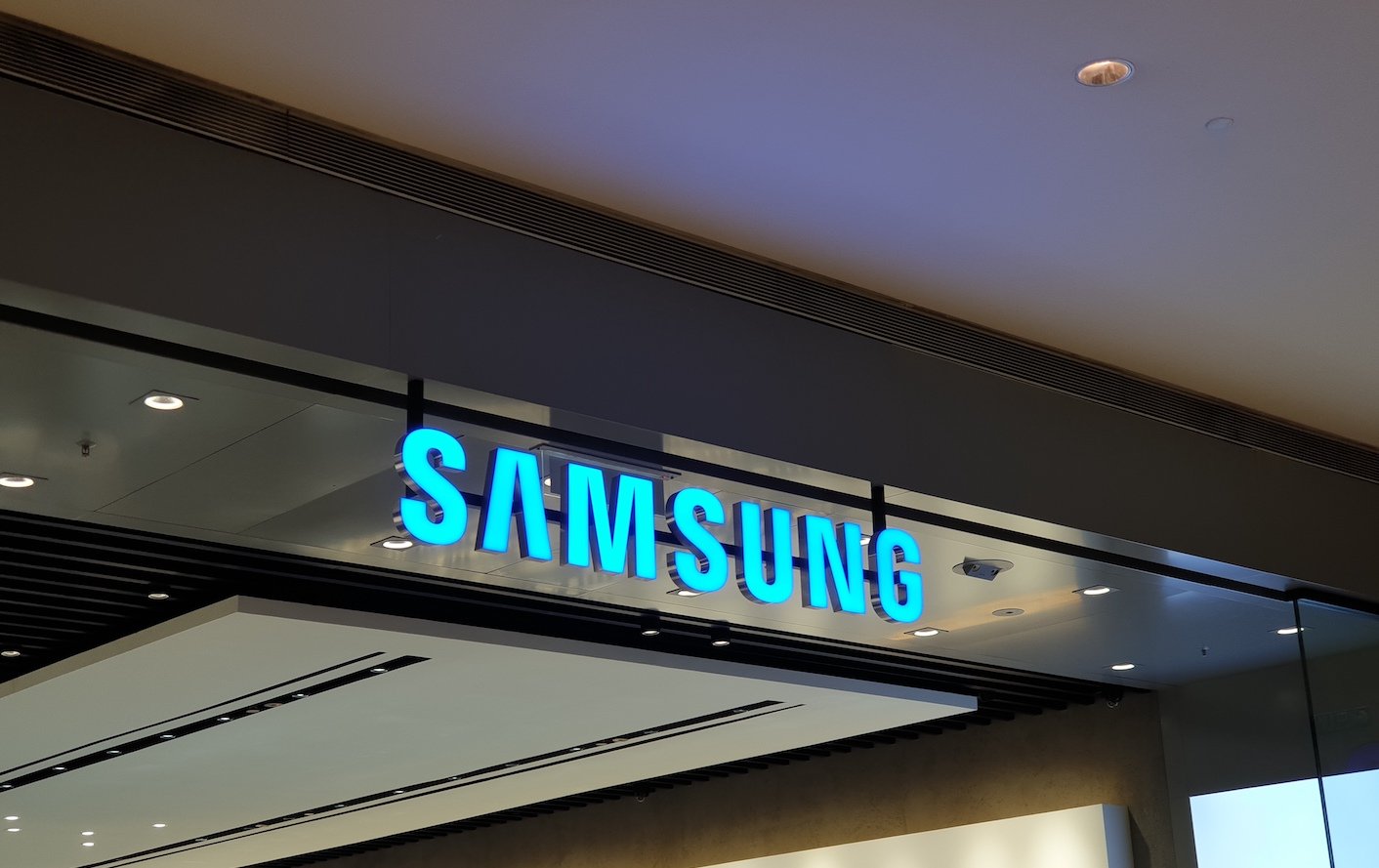
The other major supplier will be TSMC, according to the Reuters report, but none of these companies have made an official statement on the matter yet. For the time being, it's not clear exactly how much of the X60 production will be covered by Samsung.
The X60 modem isn't going to power any 5G smartphones scheduled for a 2020 release, but instead, Qualcomm plans to use it for the 2021 lineup. This should give Samsung plenty of time to prepare its facilities for mass production.
Samsung's non-memory semiconductor business could win big
Spec-wise, the X60 is compatible with 2G and more modern infrastructures including 5G, and it supports both sub-6GHz and mmWave networks. It's too early to know for sure, but an educated guess would be that Samsung's Galaxy S21 series – or however the 2021 flagship will be called – is going to use this X60 modem, at least in markets where it won't employ an in-house Exynos solution.
But perhaps more beneficial for Samsung will be the fact that the X60 modem will likely be used by the majority of 5G flagship smartphones in 2021, even those that don't carry the Galaxy branding. The more 5G devices Qualcomm's solution will power, the more Samsung's logic chip business should strengthen.
Samsung already has big plans for the non-memory semiconductor segment and wants to make hefty investments to better-compete against TSMC and win additional clients. Samsung has been thinking ahead, and less than a year ago the company confirmed that it wants to invest roughly $115 billion in logic chip development by 2030. The recent reports indicate that Samsung's decision might already be paying off.


















